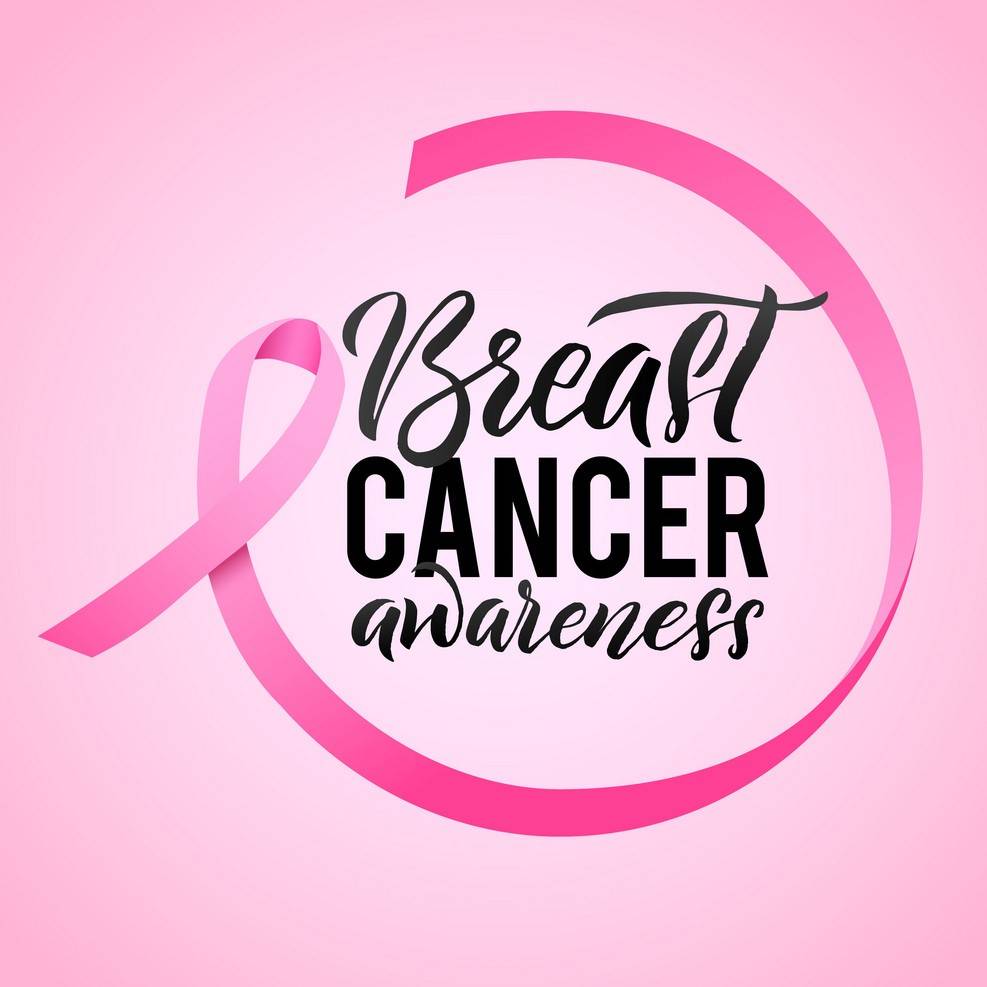Causes of Breast Cancer and Potential Solutions.
Breast cancer is one of the most common cancers affecting women worldwide, though men can also be diagnosed with the disease. Understanding the causes of breast cancer and identifying potential solutions are crucial in the fight against this illness. Breast cancer develops when cells in the breast tissue begin to grow uncontrollably. These cells often form a tumor, which can spread to surrounding tissues or metastasize to other parts of the body. While the exact causes of breast cancer are not entirely clear, various risk factors contribute to its development.
Causes of Breast Cancer
Genetic Factors: One of the primary causes of breast cancer is inherited genetic mutations. BRCA1 and BRCA2 are the most well-known genes associated with breast cancer. Women with mutations in these genes have a significantly higher risk of developing breast cancer compared to those without such mutations. A family history of breast cancer also increases the likelihood of developing the disease.
Hormonal Influence: Hormones play a critical role in breast cancer development. Increased exposure to estrogen, which can result from early menstruation, late menopause, or hormone replacement therapy, is a known risk factor. Estrogen and progesterone can stimulate the growth of breast cells, and prolonged exposure to these hormones may contribute to abnormal cell growth.
Age: Age is another significant factor in breast cancer risk. The likelihood of developing breast cancer increases as women get older, with most diagnoses occurring after the age of 50. This is partly because of the cumulative effects of genetic mutations and hormonal changes over time.
Lifestyle Factors: Various lifestyle choices contribute to breast cancer risk. For instance, consuming alcohol regularly increases the risk, as alcohol can raise estrogen levels. Being overweight, particularly after menopause, also elevates the risk, since fat tissue produces estrogen. Additionally, a lack of physical activity and poor diet can influence overall health and increase the chances of breast cancer.
Environmental Factors: While research is ongoing, some environmental factors may contribute to breast cancer risk. Exposure to radiation, such as during medical imaging procedures, can increase the chances of developing the disease. Certain chemicals found in plastics, cosmetics, and cleaning products have also been studied as potential risk factors.
Solutions and Prevention
Early Detection: One of the most effective ways to combat breast cancer is through early detection. Regular mammograms and breast self-examinations can help identify cancer at an early stage when treatment is most effective. Women with a family history of breast cancer or other risk factors should consult their doctors about starting screenings earlier than the recommended age of 50.
Genetic Testing and Counseling: For individuals with a family history of breast cancer or known genetic mutations, genetic testing can provide valuable information. Women who test positive for BRCA mutations may choose preventative measures, such as prophylactic mastectomy (removal of breast tissue) or increased surveillance through regular screenings.
Lifestyle Modifications: Making healthy lifestyle changes can help reduce breast cancer risk. Regular physical activity, maintaining a healthy weight, and limiting alcohol consumption are all recommended. A diet rich in fruits, vegetables, and whole grains can also contribute to overall health and potentially lower cancer risk.
Medical Interventions: Hormonal therapies and medications such as tamoxifen can reduce the risk of breast cancer in women at high risk. In some cases, women may opt for prophylactic surgery to remove breast tissue, significantly reducing their chances of developing cancer.
Public Awareness and Education: Raising awareness about breast cancer, its risk factors, and prevention strategies is crucial for early diagnosis and effective treatment. Public health campaigns that promote regular screenings and educate people about the importance of lifestyle choices in cancer prevention can have a significant impact on reducing breast cancer incidence.
Conclusion, breast cancer is a multifaceted disease with various contributing factors, including genetics, lifestyle, and environmental influences. While not all cases of breast cancer can be prevented, early detection, lifestyle changes, and medical interventions offer hope for reducing the risk and improving outcomes. Public awareness and continued research are also essential in the global effort to fight breast cancer and support those affected by it.



No comments yet
Be the first to share your thoughts!